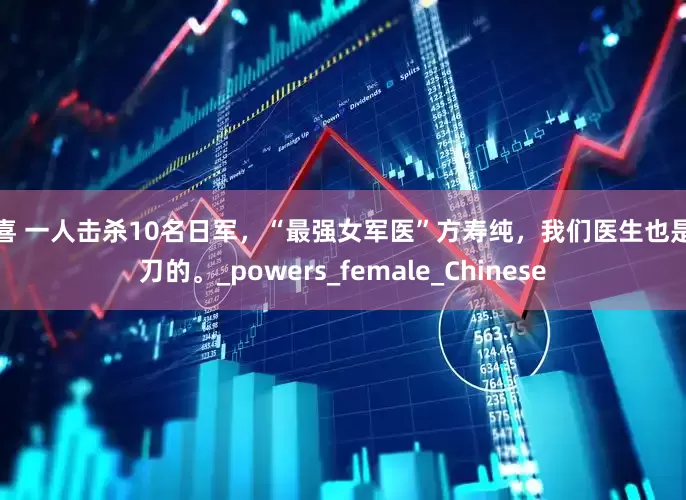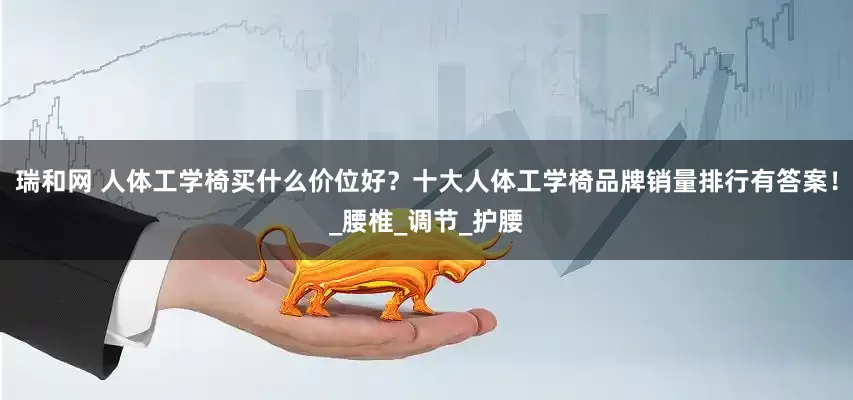
During the victory of the Anti-Japanese War闻喜, the Chinese Expeditionary Force emerged as a crucial military liaison among the Allied powers. Within this large force was an extraordinary individual named Fang Shouchun. Her father was a traditional Chinese medicine practitioner who, despite limited resources, would selflessly aid patients unable to afford treatment. Growing up immersed in her father's compassionate example, Fang developed a strong desire to follow in his footsteps and become a healer devoted to saving lives. Amidst the turbulent wartime environment, she joined the resistance at just seventeen years old, becoming a battlefield medic. Fang was determined to serve on the front lines, willingly going to the most perilous locations where medical help was most urgently needed.
展开剩余82%When the Indian Expeditionary Force began recruiting new soldiers, Fang Shouchun invoked the ancient saying that women can be as capable as men, using this spirit to gain special permission to join. On her flight to India闻喜, she discovered she was among a select group of five female medics specially approved for this mission, including four others from the hospital. Upon arrival, alongside the five Chinese women, there were numerous Indian female soldiers stationed at the hospital. Because the Chinese forces had strong firepower, the invading enemy resorted to covert attacks targeting the female medical staff at the rear. News of these stealth assaults frightened many Indian women, leading several to flee the hospital. However, Fang and her fellow Chinese female doctors encouraged one another to stand firm. Unfortunately, one doctor was assaulted and disappeared without a trace after leaving.
In response to these threats, Fang devised a clever plan using a “honey trap” to capture the assailant. One night, the four female doctors hung their freshly washed underwear outside their tents and arranged clothes and bedding inside to mimic sleeping figures. Then, they patiently waited outside for the attacker. Sure enough, in the dead of night, the intruder stealthily emerged from the nearby woods and crept into the tent闻喜, lunging toward the decoy. Realizing he had been tricked and attempting to escape, he was intercepted and knocked unconscious by the waiting women wielding sticks. The captured assailant was then handed over to higher authorities for justice.
Fang Shouchun’s bravery extended well beyond this event. On another mission, she reportedly used two grenades to eliminate seven enemy soldiers. Employing her sharp wit, she also protected wounded soldiers at a field hospital by fending off a surprise attack from three enemy commandos with gunfire. Her courageous actions earned her high praise from commanders, and during a military assembly, General Stilwell personally awarded her a rank. Fang treasured this honor deeply, reflecting her dedication and valor.
After the war’s end, Fang Shouchun was assigned to a hospital in Chengdu, where she met an American doctor named Conway. Born in California, Conway had graduated from a prestigious American medical university. Initially, Conway expressed romantic interest and invited Fang to dinner. Though cautious at first, Fang agreed after Conway expanded the invitation to include all the hospital doctors. This shared meal laid the foundation for their friendship, which eventually blossomed into a long-lasting cross-cultural relationship spanning over seventy years.
In 1946, the couple held a modest wedding ceremony in Shanghai. Soon after, Conway wished to bring Fang to live with him in the United States. However, Fang, who was orphaned of her parents, had the responsibility of caring for her elderly grandmother and young brother. These family obligations anchored her in China. Later that October, Fang gave birth to their daughter, Fang Lili, in Changsha. Beyond financial support and material provisions, Conway was unable to assist further at that time.
During the three decades they lost contact, Conway remarried and had a daughter named Connie. Meanwhile, Fang remained single闻喜, dedicating herself to raising their daughter and caring for family members. When Fang’s daughter grew up and established her own company, she invited her mother to live with her in the United States. Even then, Fang and Conway did not reunite until after Conway’s second wife passed away, at which point the old lovers finally saw each other again. Not long after their reunion, Conway died. Throughout this emotional journey, Connie maintained great respect for Fang, and in her later years, Fang Shouchun found happiness as a mother to two daughters.
发布于:天津市联美配资提示:文章来自网络,不代表本站观点。






